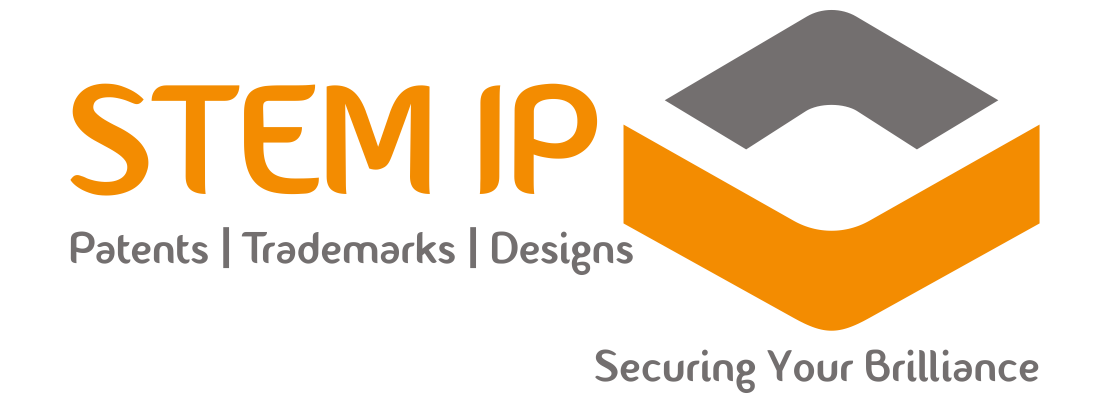
IP Due Diligence :
Patent due diligence can prevent costly mistakes during patent acquisition process. Our due diligence reports that are individualized to suit client’s needs, study the validity and enforceability of patents by looking into the technological strength of the patent as well as the prosecution history of the patent. The strength and breadth of the patent claims are analyzed to ascertain if the patent can hold competitors at bay or if the patent claims can be designed around.
We also suggest an analysis of patents related to the technology including competitor’s patents to get an overview of the concerned patent/application. Such a comprehensive due diligence would identify blocking patents that might prevent enforceability of the patent rights in a particular territory.
Our reports help the client in assessing true value of the patents and accordingly negotiate with the patentees.
IP Commercialisation :
IP Commercialisation is the process of getting your IP to market and/or creating new revenue streams, whether on your own, through a partnership or via a combination of the two. By reviewing your existing IP asset portfolio, you can identify IP assets that may be capable of being monetised, whether through licensing or sale. Non-core intellectual property – for example, a brand and its associated trademarks and domain names that a company has chosen to discontinue – can be sold outright on the basis of a lump-sum payment, over time through the payment of royalties or through a combination of both. In addition to creating a new revenue stream, this approach can help your company streamline its operations and hone in on the profitable aspects of your business. This can also include university researchers using it to communicate their research or ideas with external parties either through a spin-out company or other means.
Using our proven methodology and our global network of IP contacts, Metis Partners has completed a number of successful sales and licensing exercises for a variety of clients, ranging from large multinationals looking to divest themselves of non-core IP to individual innovators trying to enter the market. We have also assisted clients with “IPCo” creation, wherein critical IP assets are separated from the risks associated with the trading business, and fundraising activities via IP asset leveraging.
Patent Licensing :
Not all inventors want to make or sell products or designs. Patent licensing lets you profit from the rights to your invention. You can collect royalties from sales.
Advantages are many when patents are licensed
Limited Risk:
Manufacturing a product or design can be expensive. It can also have a high level of risk. Patent licensing lets you transfer the risk to another party.
Global Distribution :
Patent licensing can introduce your invention to a bigger market. It can also lead to distribution around the world. This tactic is popular for entrepreneurs and start-up companies.
Limited Time Period :
You don't have to sign away the rights to your intellectual property forever. You can include a time period in the license. When the period expires, you regain the exclusive rights.
Eliminates Patent Infringement :
If someone infringes your patent, you can sue. Suing can get expensive, and it might not provide the results you want, either. Instead of suing, consider patent licensing. This option gives a competitor the right to your intellectual property, and it gives you the right to profit at the same time.
We believe in thinking long term benefits through the licensing process and support efficiently.
We believe in thinking long term benefits through the licensing process and support efficiently.

